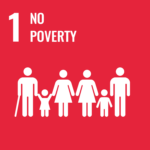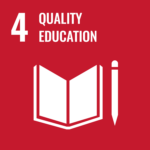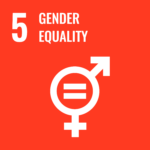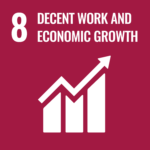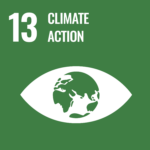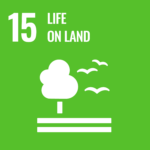Our
Work
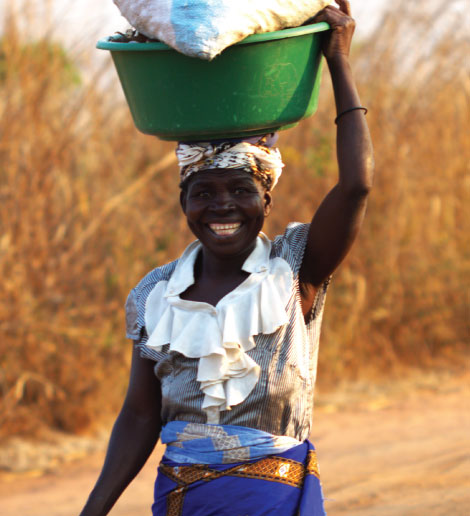
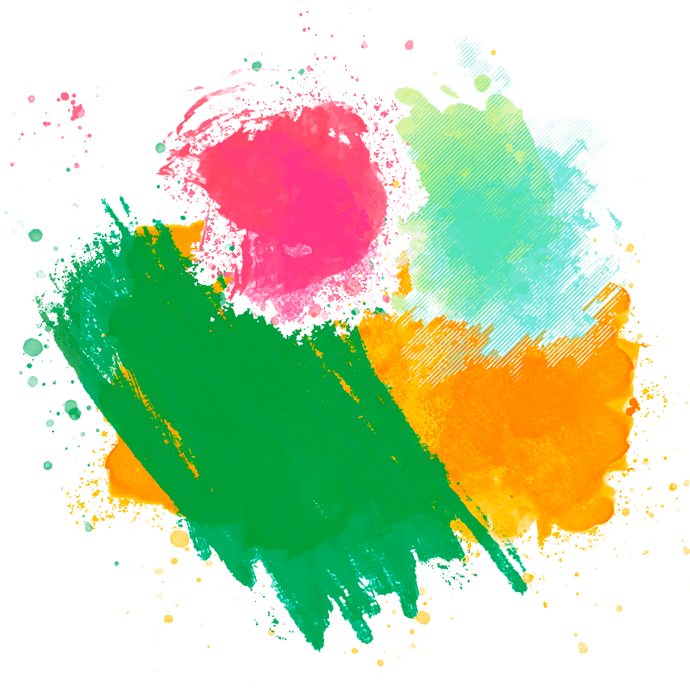
Conservation & Community Growth
In the communities in Malanje where we will begin our pilot projects, a needs assessment and socio-economic study has shown what the reality of life on the ground is.
Malanje is in a unique position to benefit from holistic, well developed community projects. There is great potential for both real community upliftment but also to address some wider issues which have a bearing nationally and globally.
Malanje is also the home of the critically endangered Giant Sable antelope (Palanca Negra Giganta in Portuguese), which is iconic and of global importance, but continues to be threatened. Plus other tourism hotspots like Calendula Falls.
Challenges
Challenges in Malanje continue to be poverty and lack of opportunities for more than subsistence farming, bad fire management, bushmeat and poaching, lack of good education and training opportunities, and farming techniques which do not produce the best yields and are destroying the land and nature.
Opportunities
Opportunities include building better education through community teacher training and after extracurricular clubs for children, developing incomes related to boosting tourism opportunities, jobs around conservation (rangers, guides, creating crafts, hospitality) and other industries, and improving farming techniques to improve incomes, nutrition and the health of the land.
Future Prosperity
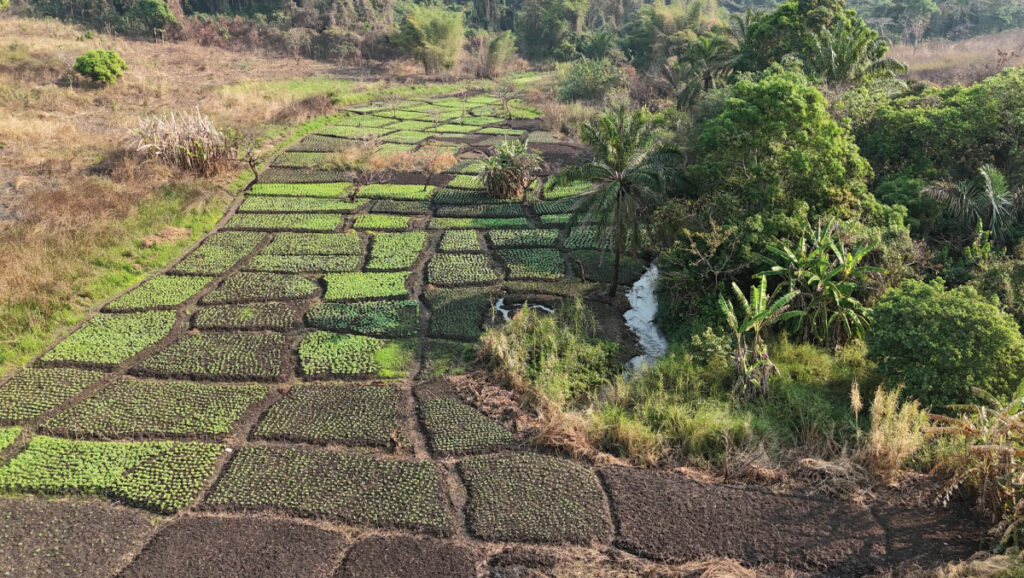
Our Projects
Through aligning with the Malanje Provincial Action Plan and Angola’s national development planning, which highlights XXXXXXXXXX, we are ensuring the longevity of our projects and focusing on the greatest needs for the greatest impact.
We are also bringing environmental education to the fore, ensuring all our work protects and restores nature and creates livelihoods which work with nature.
Our first partnerships with the communities in XX, XX and XX will be around Education, Community Tree Nurseries and Eco-agronomy.
Wa’kaya Kids Club
Where there are no schools, or limited opportunities for children to receive any kind of education, a little can go a long way.
Bringing students together for a regular meeting to learn about a range of issues will open the doors to a real understanding of their knowledge and gaps we can fill. Our Community Outreach Officer works with our focal points in the villages to create a space for dedicated learning time, identifying participants and ensuring an inclusive, participatory environment.
Our Approach
Our approach is learn by doing. Our Kids club brings together children (and as part of the program their parents) through a bi-weekly program with a curriculum based in environmental education but also looking at relevant community issues like hygiene, nutrition, health and more.
Hands on and practical, we want children to learn through active engagement, creating a fun atmosphere which encourages learning and creativity.
Theory of Change
Our Theory of Change is Communities around Cangandala National Park have an improved economic reality and are living in harmony with the natural world through shifting away from unsustainable practices towards new methods of farming and nature-based solutions.
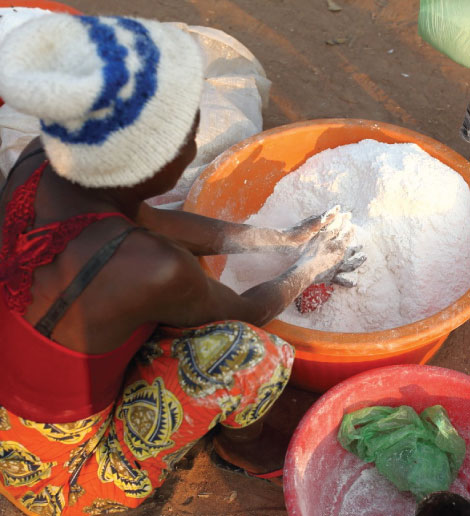

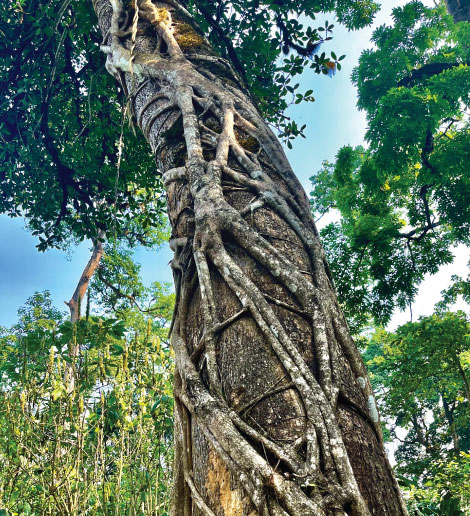

Trees for Life Children’s Book
Learning about nature and the importance of trees is a fundamental part of our work. We have developed a Children’s Book, Trees for Life, and a learning and comprehension program around the themes within the book, as a starting point to our interactive engagement with youth and their families and communities.
Reading together, and sharing the messages contained in this simple book is a first step in understanding the wider nature based solutions methodologies we will be sharing with the communities in the future.
Trees for Life was written by our founder Tania Paschen and illustrated by local Angolan artist Tche
Teacher Training
A majority of the communities in our pilot region do not have schools, or access to high quality teachers when there is a school. However, sometimes there is someone in the village who takes on an informal teaching role, educating with little training and not within the national curriculum, but providing some basic literacy skills.
Our Approach
We have identified key people in each of the villages we will be working with, and are providing them with the training and resources and support to be our focus people for the Wa’kaya Kids Club, community tree nurseries and other initiatives.
We aim to provide more formal teacher training in the future and are seeking funds and partners for this.
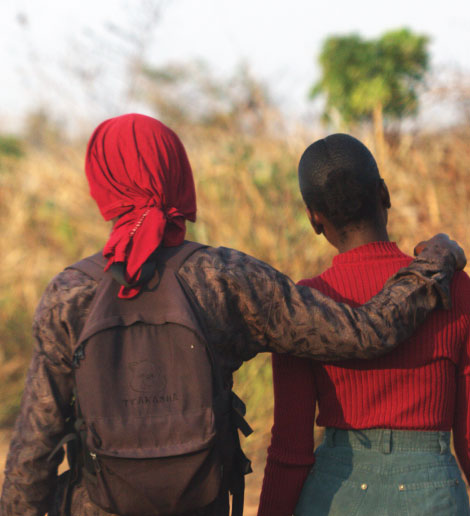

Eco -agronomy
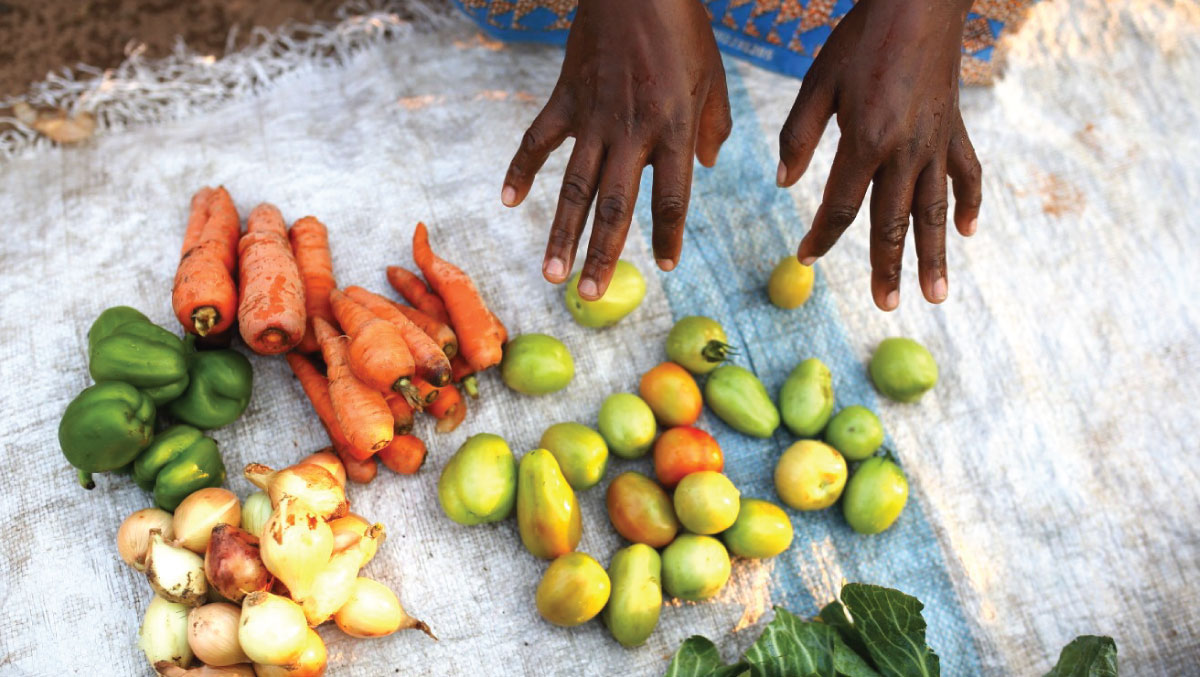
Eco-friendly Agriculture
Eco-agronomy, or eco-friendly agriculture, are farming methods which work to sustain the health of the environment, communities, and landscapes. Methods include reducing the use of chemicals and fostering soil health, using a variety of crops rather than monoculture, which promotes biodiversity, as well as promoting biomass and recycling and a more circular form of land use.
In Malanje, the challenge was how to improve yields and create a healthier landscape which did not require harmful practices like burning and clearing trees as soils become depleted.
We will be developing a pilot farming plot and using it as a Farmer Field School, showing farmers by doing. By bringing them to Wa’kaya HQ and then transferring the methods to their own farms and fields, the proof will be in the yields and improved environmental health of their region.
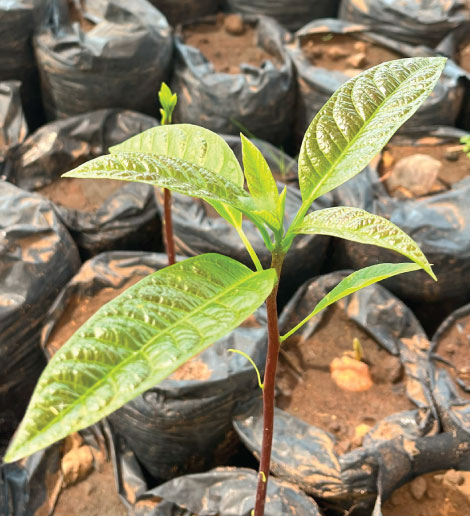

Community Tree Nurseries & Seed Collecting
This project brings together both our education and eco-agronomy programs, with communities planting their own indigenous species nurseries and actively planting more trees around their land.
Through research conducted by partner organisation KAYA, local indigenous species have been identified for the Malanje region, and through seed collection and propagation at the Wa’kaya HQ in Malanje, we will create tree nurseries with our communities, for sale of the saplings in the future but also for community use for tree planting. Seed collection is also a potential income stream and employment avenue.
Alternative Incomes & skills training
As our initial projects start to take shape, and we have developed a deeper relationship with our partners, we will look together with the communities at some microenterprise ideas.
It could be crafts, or something related to tourisms, or tapping into new technologies and creating IT training opportunities. Learning car mechanics, learning to sew and creating a clothing business. Setting up a shop.
These will be driven by the communities, but we will ensure the best training and skills are brought in to ensure success.
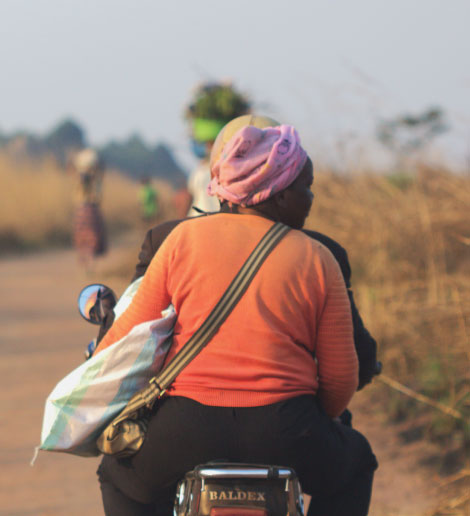

Sustainable Development Goals
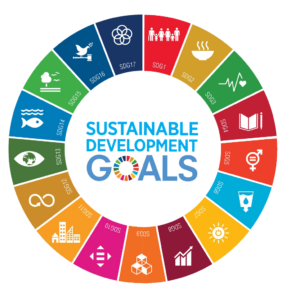
The Sustainable Development Goals are political objectives from the United Nations developed to try to ensure sustainable development on an economic, social and ecological level worldwide.
They act as a guide to our development and conservation projects, reminding us to aim big and that our work is feeding into a national and global agenda.
